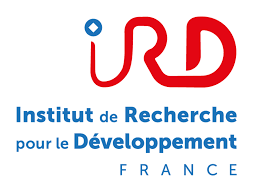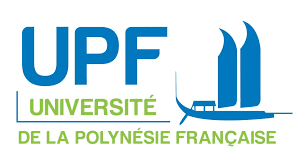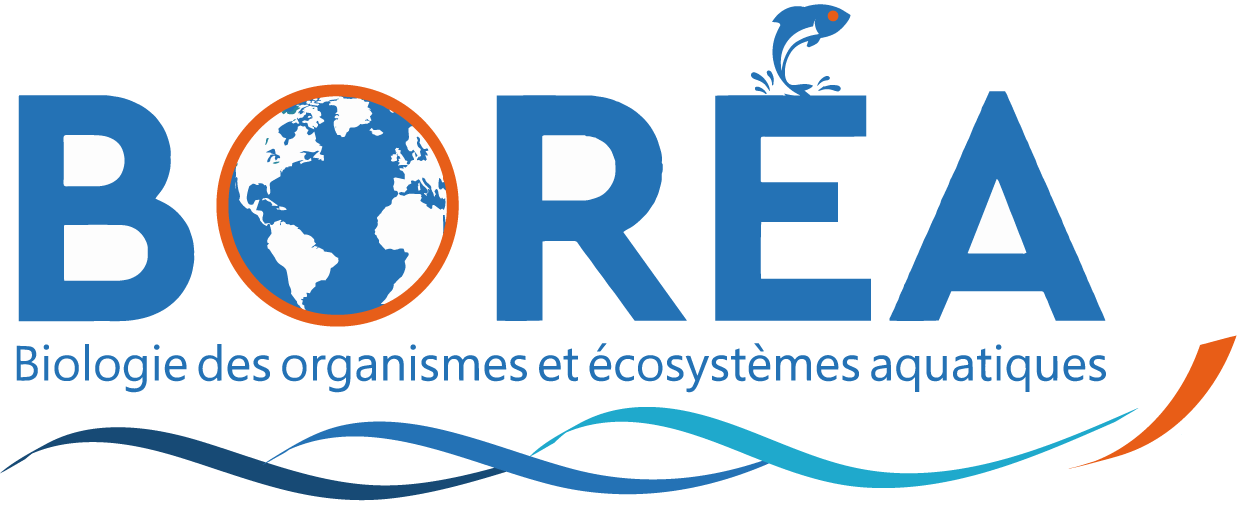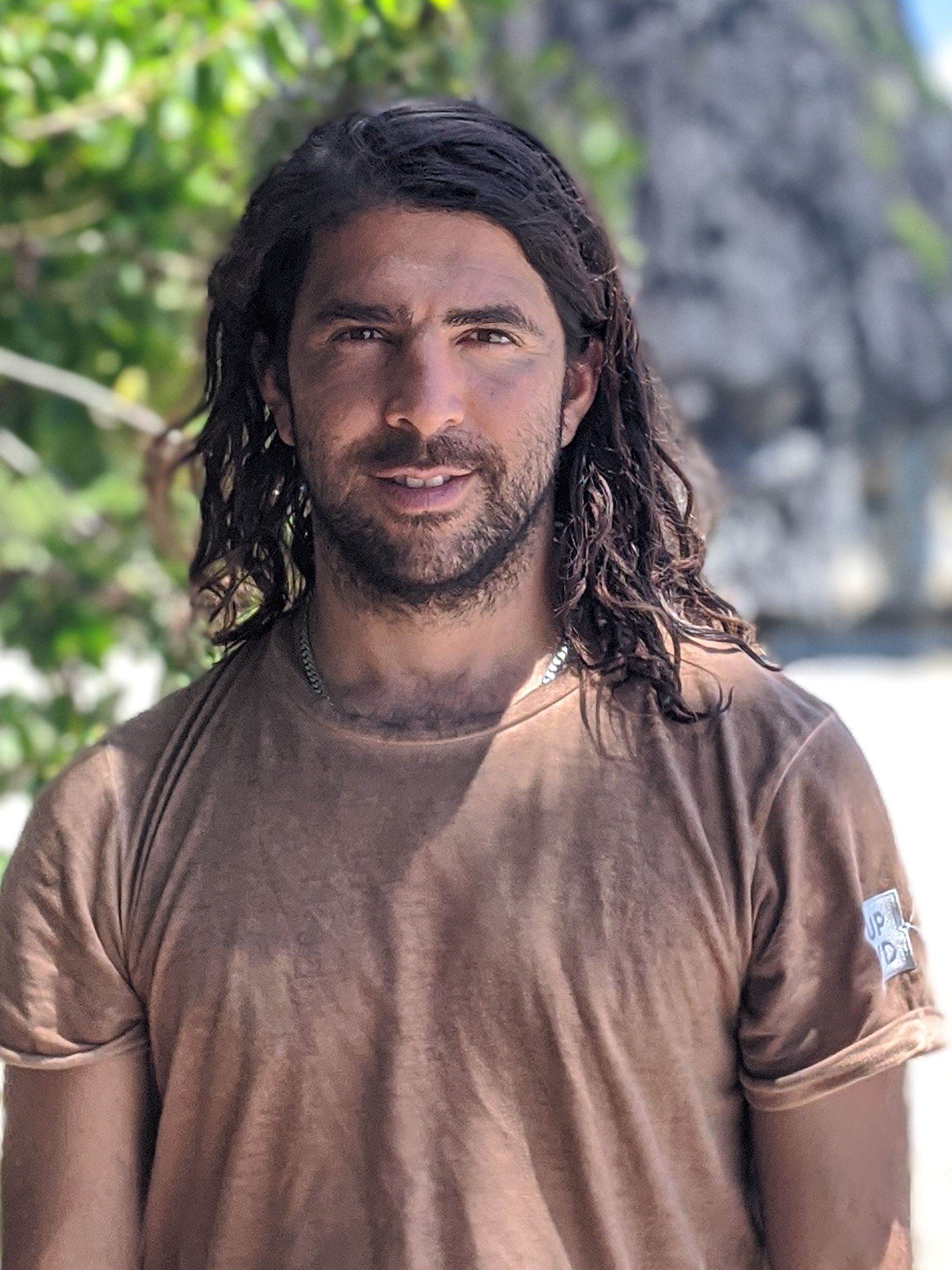Burn & Shine
Posted by admin | March 31, 2025
Population genetics and ecology of the calcifying hydrozoan Millepora (fire-coral) in insular coral reef systems: connectivity, ecological success, and resilience
Coral reefs are highly vulnerable to environmental changes and declining. As the coral reef crisis is intensifying, comprehending the mechanisms driving coral resilience is key to maximizing the impacts of conservation efforts. Demographic connectivity – the transfer of individuals between populations – is a key driver of species dynamics and their capacity for resilience, as it influences habitat colonization, the replenishment of individuals, and potentials for population recovery. Yet connectivity remains poorly characterized in corals, with the link between population connectivity and ecological success remaining largely unknown despite its importance in fragmented insular systems where species are prone to local population collapses. While unresolved taxonomic complexity and community diversity have represented significant obstacles to investigating coral connectivity, the ubiquitous calcifying hydrozoan Millepora spp. (fire-coral) provides an interesting model species for exploring the link between population connectivity and resiliency within a single organism. The Burn & Shine project confronts genetic and ecological data on fire-coral populations from coral reef systems with contrasting ecological characteristics and levels of insularity, including Kanaky New Caledonia and French Polynesia in the South Pacific, and Guadeloupe and Saint-Barthelemy in the Caribbean, to comprehend major driving forces behind coral resiliency and links between population connectivity and ecological success. Findings from this project help estimate genetic flow between fire-coral populations, as well as identify source and sink reefs for the dispersal of coral larvae in the study systems. This project enhances our understanding of the mechanisms driving coral population replenishment, filling critical knowledge gaps for effective coral reef management in the current era of global coral crisis.
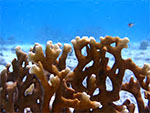
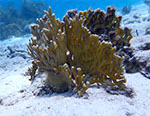
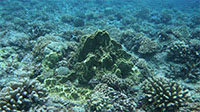
Publications
2017 Kayal & Kayal Millepora constitutes bio-sanctuary for corals
2012 Kayal etal Evolution of mtDNA in Medusozoa
Funding
Team
Mohsen Kayal (écologue des récifs coralliens), IRD
Charlotte Dromard (écophysiologue des récifs coralliens), Université des Antilles
Mayalen Zubia (taxonomiste des récifs coralliens), UPF, Université de Polynésie Française
Ehsan Kayal (généticien de l’évolution et des populations), Augsburg University
Vincent Robinet (étudiant en thèse), CNRS


